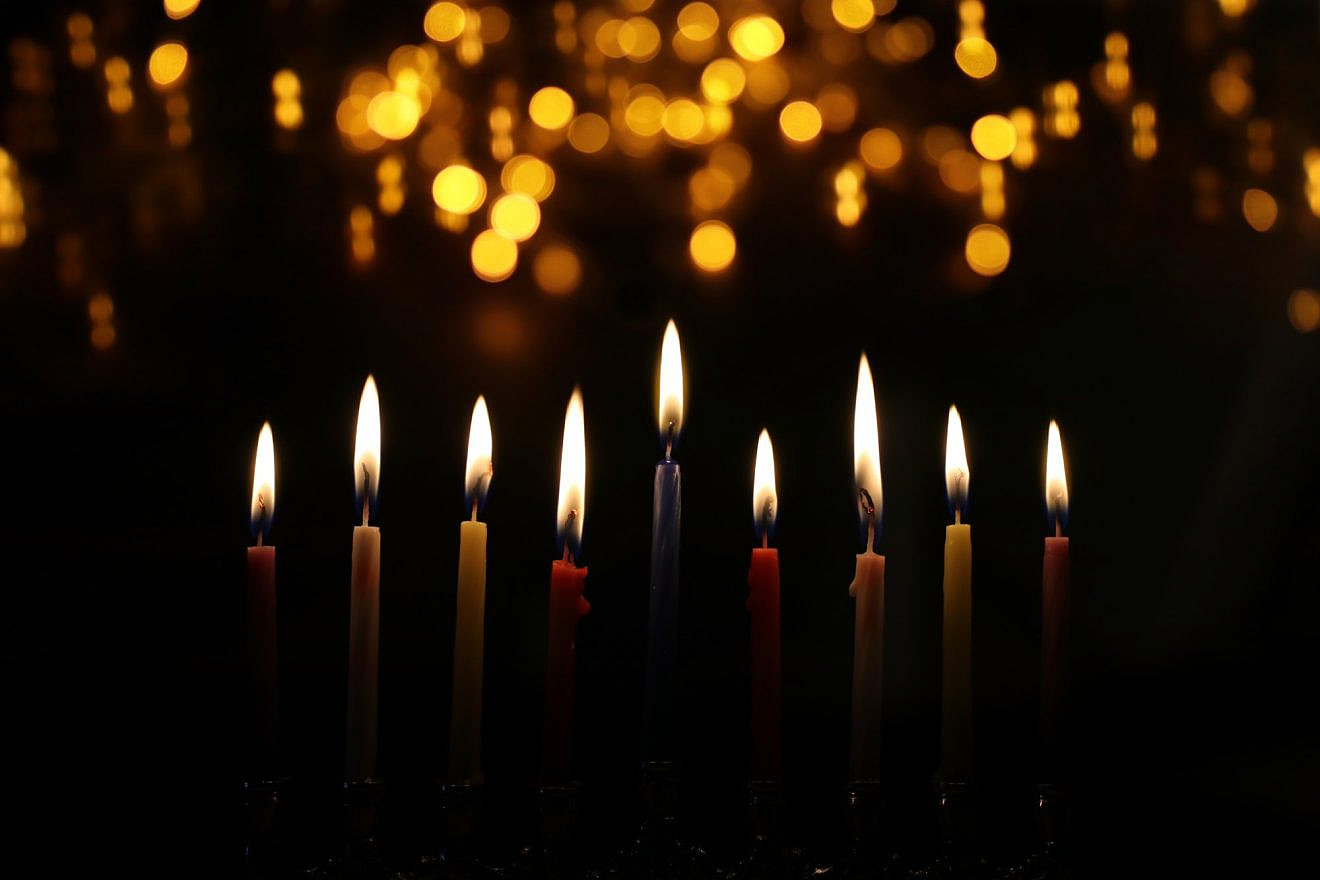Chanukah, the beautiful “Festival of Lights,” begins on Dec. 7. Everyone knows the story: The Maccabees defeated the mighty Greek armies and reconquered Jerusalem. When they wanted to kindle the Menorah in the Temple, they could only find one jug of oil— enough to burn for one night. But it miraculously continued burning for eight nights until new oil could be procured. Because of the miracle of the oil, the Sages established an eight-day Festival of Lights.
This raises a famous question: Why should we celebrate Chanukah for eight nights? After all, there was enough oil in the Temple for one night, so when it miraculously continued burning for eight nights, only seven of those days were actually miraculous. One day’s supply existed and for the first day, it burned quite naturally without any Divine intervention. If the miracle of the oil only lasted seven days, why do we celebrate eight?
Many answers have been given to this question, but the one I want to focus on is that just finding that one jug of oil, with the seal of the High Priest intact, was a miracle too. And based on the commentaries, it seems that it wasn’t discovered immediately. There was quite a prolonged search, with some commentaries suggesting it was eventually found in the catacombs of the Temple. This alone was a miracle.
When Jews are struggling to find light, when the forces of darkness have trampled on all that is holy, when every last cruse of oil seems to have been defiled, it sometimes feels like we could be forgiven for giving up the search for light. We’ll get new oil from Tekoa, the town renowned for its quality olive oil. So what if it takes another week? We waited this long; we can wait another week. But no, the Maccabees were determined not to let the holy Menorah remain unkindled for even one more day. They refused to give up the search until their efforts were rewarded and the pure cruse of oil was discovered.
That spirit of faith and determination is part of the miracle of Jewish survival and surely worthy of a special day of celebration in its own right.
A few years ago, I had the very unusual privilege of seeing this idea fulfilled before my very eyes. My son, Rabbi Michoel, is a Chabad shaliach doing good work for the Jews living in Kauai, one of the beautiful Hawaiian islands. Once, when he was visiting Honolulu, he met a Jew who originally came from New York. When the man heard that Michoel’s family lives in Johannesburg, the man told him that his grandfather immigrated to South Africa from Eastern Europe around the turn of the last century and died there as a young man. But no one seemed to know exactly where he was buried or if he even had a tombstone.
To make a long story short, my son did some serious research with the local Chevra Kadisha (“Burial Society”) and was able to identify when the man’s grandfather had died and where he was buried. It was in an old cemetery in Johannesburg that is no longer in use. When the man discovered that there was, in fact, no tombstone on his grandfather’s grave, he resolved to travel across the world, from Hawaii to South Africa, to consecrate a memorial stone.
It took some months to organize and, when the day arrived, it was my privilege to officiate at the unveiling of the tombstone. When I read the inscription on the memorial stone, I was shocked, and a tremor ran down my spine. To our utter amazement and disbelief, unbeknownst to any of us who had been planning the event, it so happened that the day of the unveiling was the exact day of the grandfather’s yahrtzeit. The man had died more than 100 years ago to the day!
That amazing spiritual twist of fate—we don’t believe in coincidence—was a powerful validation of the importance of the very special good deed that had been done. It could only have come about because a grandson living on the other side of the world was determined to find his zayde’s unknown grave and do justice to his memory. He never knew his grandfather, who had died a century before, but the mitzvah was done, and we can only guess as to the beneficial effect it had on that soul up in Heaven. It wasn’t easy for the man, but his sincere and genuine search yielded beautiful results.
Long ago, Deuteronomy 4:29 assured us, “You will seek Hashem, your God, and you will find Him if you search for Him with all your heart and soul.” The Talmud reassured us that, if we put in the effort, such efforts will be rewarded. Yogata umatzata taamin—“If one says I have toiled and been successful, believe him” (Megilla 6b). A more contemporary Yiddish proverb agrees: Az m’zucht, gefint men—“If you look, you will find.”
Whether we are looking for lost graves, missing oil or spiritual light, the principle is the same. How many of us are believers and would love to feel more inspired but struggle to see the light? Too often, too many people give up the search too quickly. But the oil is there. The Jewish Lamp is inextinguishable. We must only keep searching until we find it. It may be in the recesses of our soul or in the catacombs of our consciousness, but it is there.
No Jew is ever lost. So, never give up the search. Look and you will find, and the miracle of Chanukah will live on in our lives. May the hostages too be found very soon and returned safely to their families and their people.


























